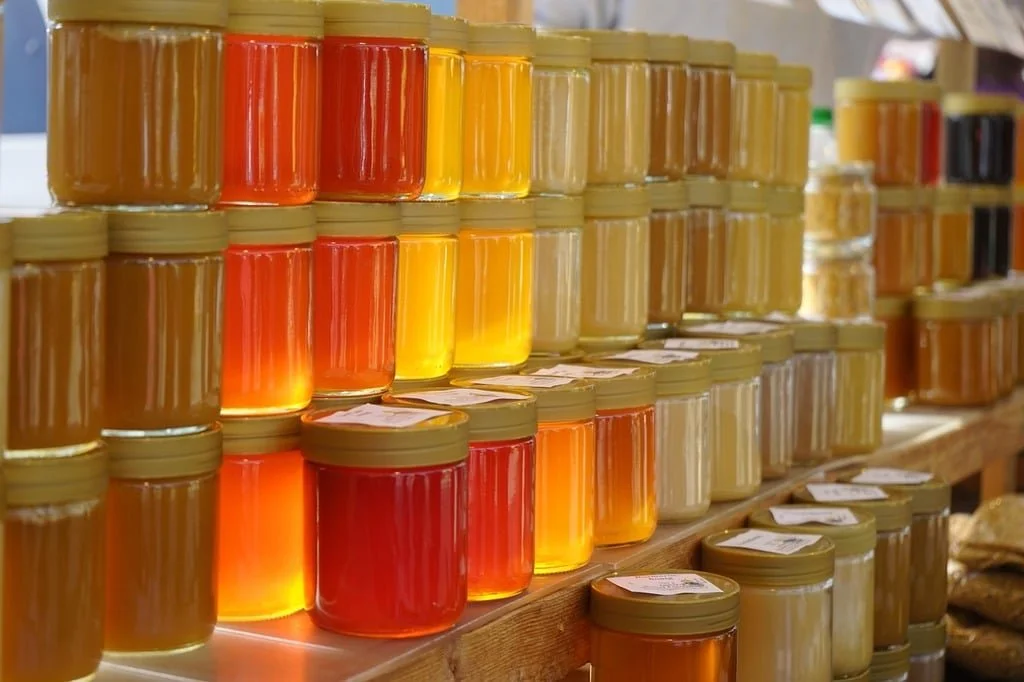Impacts of Honey on Seasonal Allergic Rhinitis
Project Description
Pilot Randomised Control Trial to test the effects of local and commercial honey on the symptoms of seasonal allergic rhinitis.
This study has received University of Canberra Human Research Ethics Approval (UCHREC - 14469)
This study investigates whether oral administration of raw local honey can reduce symptoms of seasonal allergic rhinitis (SAR) in an Australian population. Specifically, it will compare the effects of locally sourced raw Canberra honey against commercial honey in alleviating SAR symptoms, building on international research that has shown promising outcomes with local honey consumption for reducing nasal symptoms and in vitro mast cell degranulation.
Seasonal allergic rhinitis (SAR) is a widespread condition affecting nearly 20% of Australians. It significantly disrupts daily life by causing symptoms such as fatigue and irritability, yet current treatments often provide limited improvement in quality of life and may produce unwanted side effects
Participation
If you are 18 years or older, live in the Canberra region, experience seasonal allergic rhinitis, and use antihistamines to manage symptoms, then you are invited to participate in this research project.
Participants will not be eligible if they are under 18, have a medical condition affected by increased sugar intake, have severe or anaphylactic allergies to pollen, honey, or other bee products, or are currently using honey as a treatment for their symptoms.
Participants will be asked to do the following
Collect the allocated treatment from the University of Canberra or designated pharmacies.
Continue your regular antihistamine regimen and record the type and dosage used.
Consume one container of the pre-packed honey treatment daily for 4 weeks, avoiding any additional honey during this period.
Complete weekly questionnaires during the first 4 weeks to record allergy symptom severity, and complete a final assessment at the 8-week mark to monitor changes after stopping treatment.
Return all empty treatment containers to the collection points.
Participation in the research is completely voluntary and participants may, without any penalty, decline to take part or withdraw at any time without providing an explanation
Link to the study Consent and Information Form (CLICK HERE)
Contact us for more information
Meet the Team
-

Miss Rachael March
Masters in Pharmacy Student
(University of Canberra)
-

A/Prof Mary Bushell
Clinical Associate Professor
(University of Canberra)
-

Prof Mark Naunton
Professor of Pharmacy
(University of Canberra)
-

Prof Nenad Naumovski
Professor in Food Science & Human Nutrition
(Singapore Institute of Technology)


